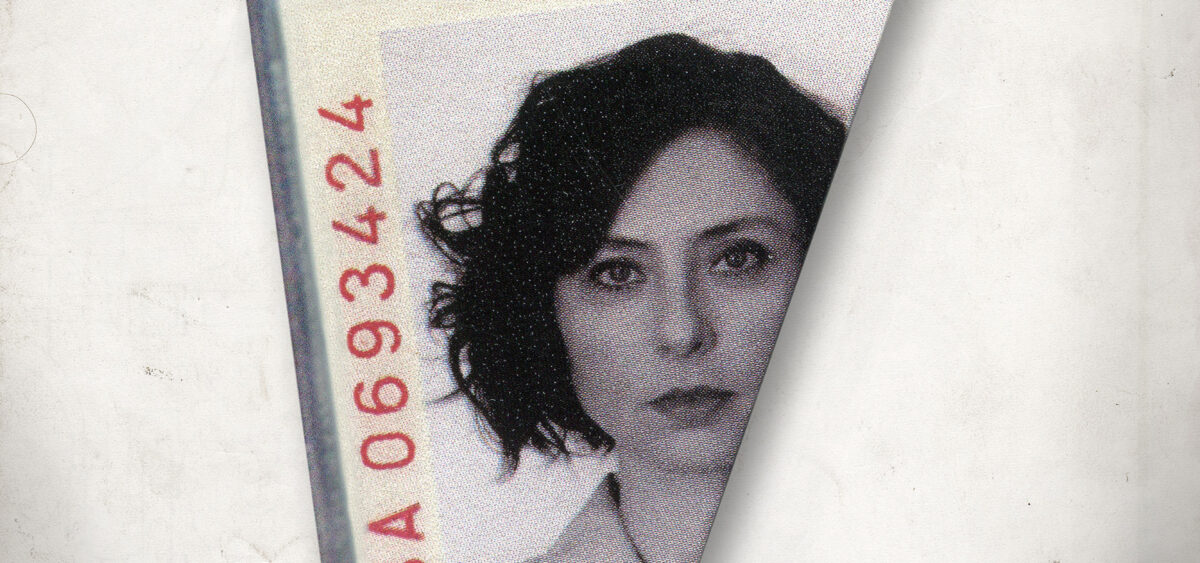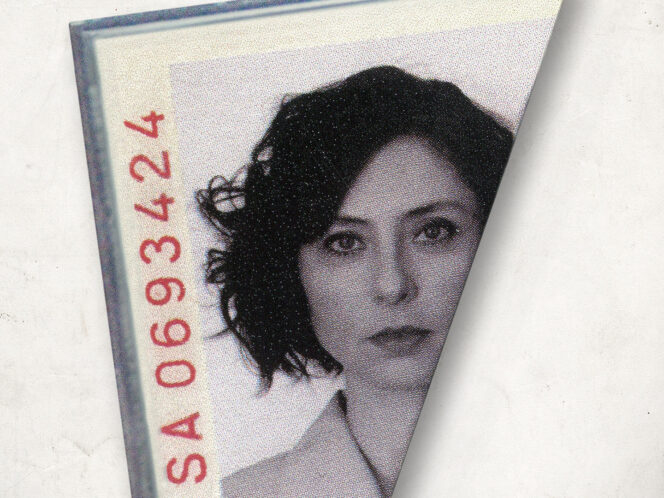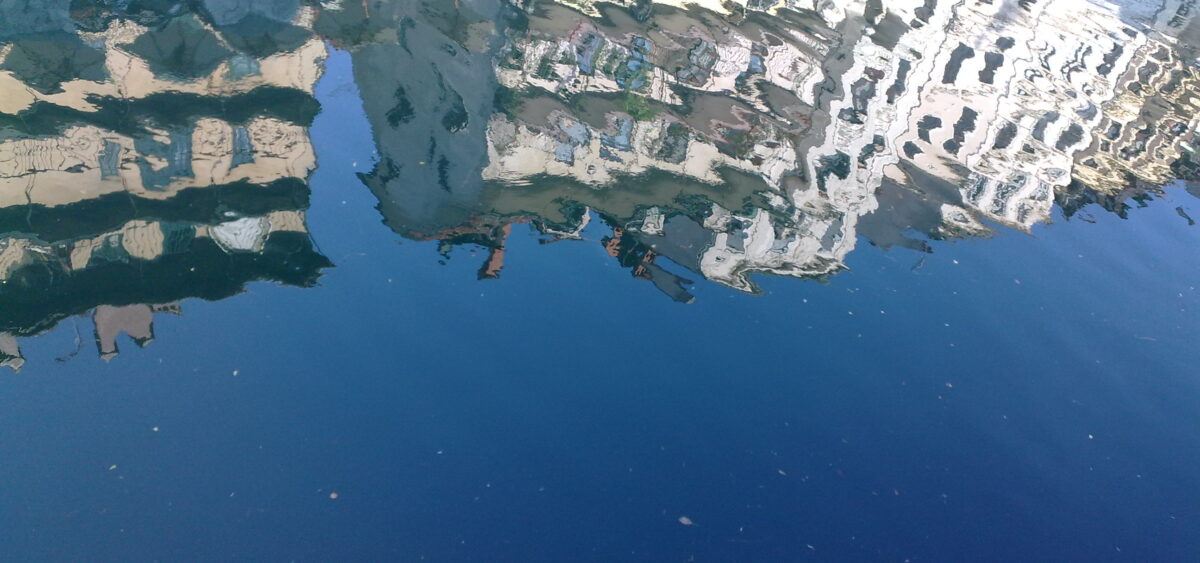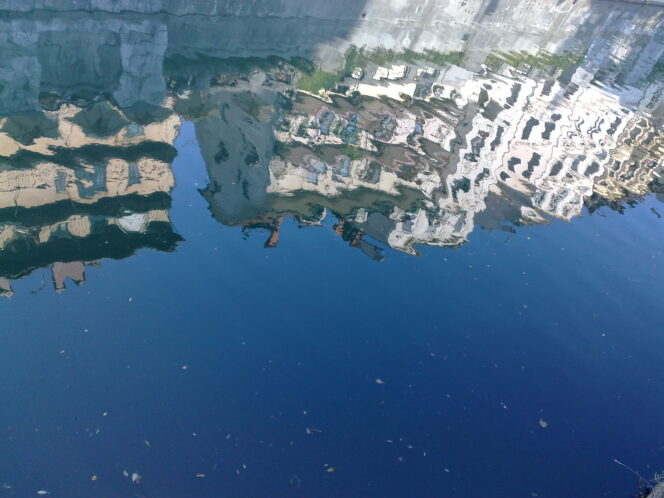
Just before Christmas 1997, T.D. drove to Austria for some shopping. With his pregnant wife and two daughters, they wished to decorate their home. The border police discovered that his documents were not valid. T.D. was taken to court, where the judge ordered his deportation. The police took him home to pick up some clothes and say goodbye to his family. He was deported to Croatia.
Almost six years earlier, on 26th February 1992, the government of Slovenia had erased 25,671 people (1.3% of the population) from its register of permanent residents. In doing so, these people had all their citizens’, economic, medical and social rights taken from them. The following day they woke up as illegal immigrants, living illegally in the country many of them had called home for most of their lives. None of them were informed about this. Their lives didn’t change until the time they needed to renew their expired documents, were stopped by the police for speeding, or needed to visit a doctor.
1992 and the erasure
The break-up of Yugoslavia was long and painful. President Tito died in 1980 and in the decade that followed, nationalist ideologies were strengthened. Most obviously in Serbia with Milošević, but also in other parts of Yugoslavia, including Slovenia. In 1991, Slovenia declared its independence and gave foreigners half a year to apply for citizenship. These ‘foreigners’ were never informed of this in writing and, in fact, nobody knew for sure who was classed as a foreigner – it was never entirely clear what the actual criteria for ‘foreigners’ were. Most of them had been born outside Slovenia, in other parts of the former Yugoslavia. If you were born in Vienna, however, you were not classified as a ‘foreigner’.
No such exemption existed for a lady who was








